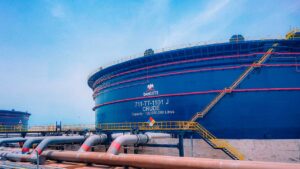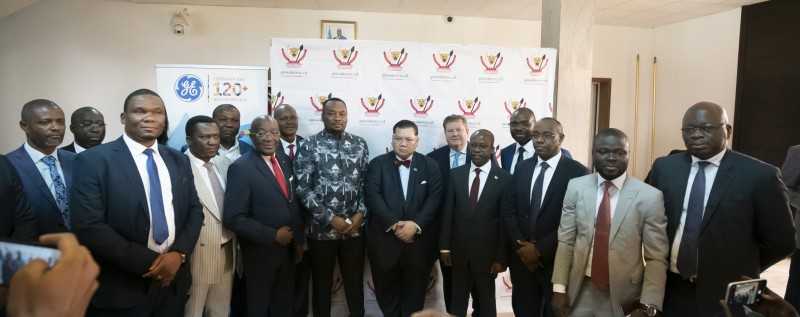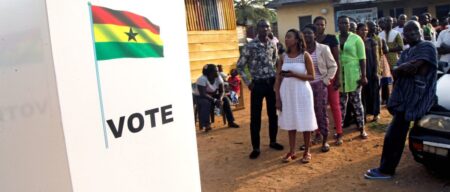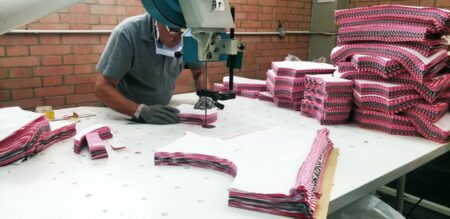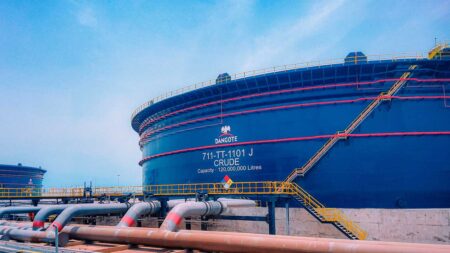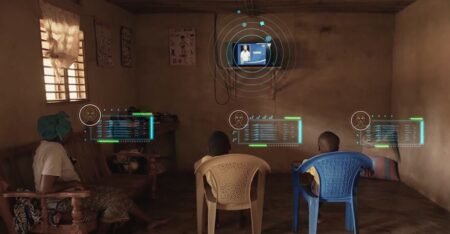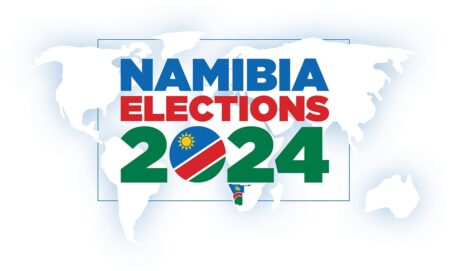The Democratic Republic of the Congo (DRC ) and General Electric (GE) announced the signing of a Memorandum of Understanding (MoU) in infrastructure projects that will see the increase in health modernisation programmes and the supply of electric energy.
Under the MoU, General Electric will work with the government of DRC to look into power solutions that will increase electricity in the country’s power grid and benefit thousands of homes.
General Electric will also work with the ministry of health for the modernisation of the Congo’s health system at the primary, secondary and tertiary levels. It will look into the infrastructures and equipment for maternal and child health, oncology and cardiology.
Also Read: Dalbit bags US$7.9 million WFP Jet fuel tenders in Uganda and DRC
According to the agreement, there will be focus on training and capacity building of local talent for the sustainability of the initiatives.
“Partnership with governments and local companies form a very important part of GE’s growth in Africa, and we are honoured today to collaborate with the government of the DRC as a key strategic partner for the country’s long-term development agenda. This gives us the opportunity to deliver innovative solutions to meet the unmet demand for the millions of citizens without electricity and those without access to quality healthcare.” Said Farid Fezoua, GE Africa’s president and CEO.
Also Read: KCB eyes DRC and Ethiopia for regional expansion
Currently, in the DRC, GE is involved in the rehabilitation of Nseke Power Plant and Inga IIB power plant. Also, at the HJ Hospital and new imaging centre of Camp Kokolo, it has effectively implemented renovation projects with the 1st interventional Cardiology and CT Scanner with 128 systems installed.
GE Healthcare in the past, also led the installation of the Scanner 16 slices at Panzi Hospital, giving thousands of DRC citizens’ access to the latest diagnostic solutions.
In 2011, General Electric renewed its focus to meet Africa’s current and future needs. It has signed MOUs with several countries such as Nigeria, Kenya, Ghana, Angola to develop infrastructure projects, such as sustainable energy solutions, improving access to quality healthcare and creating jobs.


